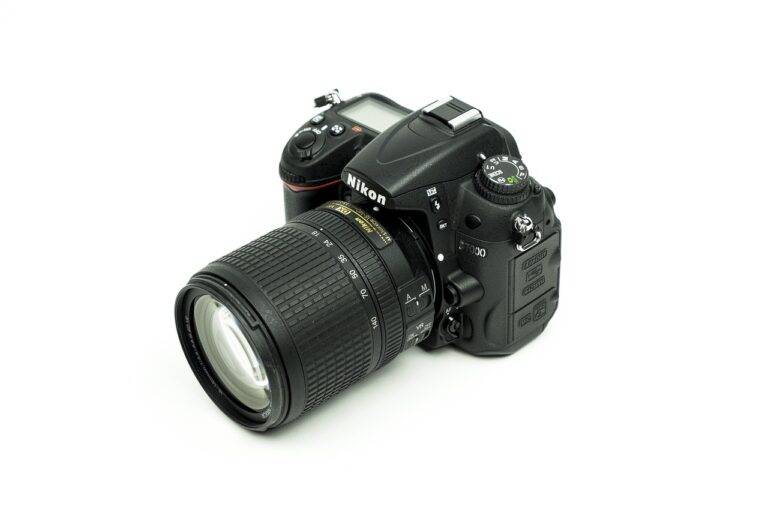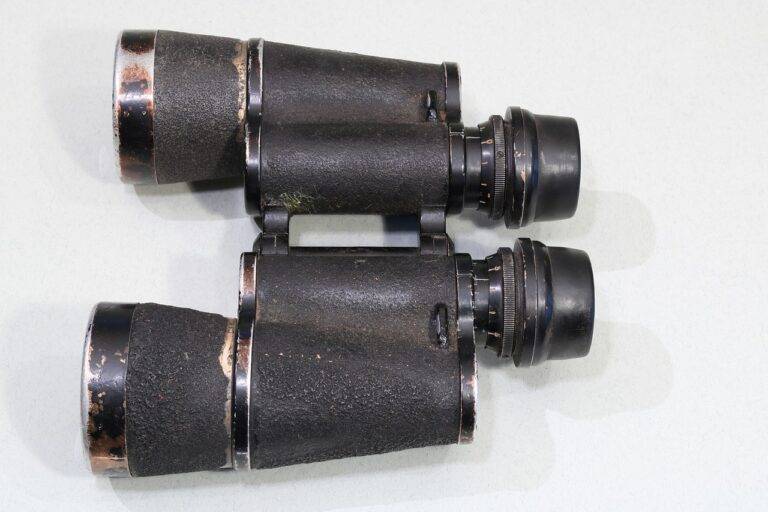The Future of Tech in Advanced Manufacturing Techniques
In the realm of advanced manufacturing, additive manufacturing stands out as a groundbreaking innovation. By utilizing 3D printing technology, manufacturers can create intricate parts with higher precision and complexity than traditional methods. This technique not only reduces waste but also accelerates the production process, leading to cost savings and increased efficiency.
Another significant innovation is the integration of artificial intelligence and machine learning in manufacturing processes. These technologies enable predictive maintenance, real-time monitoring of production lines, and optimization of workflows. By harnessing the power of AI, manufacturers can enhance product quality, streamline operations, and stay ahead of the competition in today’s fast-paced market.
Challenges and Opportunities in Implementing Tech in Manufacturing
In the manufacturing sector, the integration of advanced technologies presents both challenges and opportunities. One of the key challenges companies face is the significant initial investment required to implement new technologies such as automation, robotics, and artificial intelligence. This financial commitment can be a barrier for many businesses, especially smaller companies with limited resources. Additionally, there is the challenge of upskilling the workforce to effectively operate and maintain these new technologies, which requires time and resources for training and development.
On the other hand, the adoption of advanced manufacturing technologies also opens up exciting opportunities for companies to improve their efficiency, quality, and competitiveness. By leveraging technologies like the Internet of Things (IoT) and data analytics, manufacturers can enhance their production processes, reduce downtime, and predict maintenance needs. Furthermore, implementing tech in manufacturing allows companies to customize products to meet individual customer needs, leading to increased customer satisfaction and loyalty. As companies navigate the challenges and embrace the opportunities presented by advanced manufacturing technologies, those who successfully implement and leverage these innovations stand to gain a significant competitive advantage in the rapidly evolving industrial landscape.
What are some key innovations in advanced manufacturing techniques?
Some key innovations in advanced manufacturing techniques include additive manufacturing (3D printing), artificial intelligence, internet of things (IoT), and automation.
What are some challenges faced in implementing technology in manufacturing?
Some challenges in implementing technology in manufacturing include high initial costs, workforce training, cybersecurity risks, and compatibility issues with existing systems.
What opportunities does technology present for the manufacturing industry?
Technology presents opportunities for increased efficiency, productivity, quality control, and customization in the manufacturing industry. It also allows for real-time data analysis and process optimization.
How can manufacturers overcome the challenges of implementing technology?
Manufacturers can overcome the challenges of implementing technology by investing in training programs for employees, conducting thorough risk assessments, partnering with technology providers, and gradually phasing in new technologies to minimize disruption.





